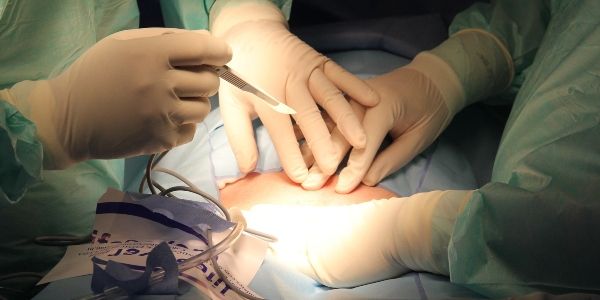
Halving the risk of infection following surgery
Surgeons could dramatically reduce the risk of infection after an operation by simply changing the antiseptic they use.

Surgeons could dramatically reduce the risk of infection after an operation by simply changing the antiseptic they use.

Professor Cath Noakes of the University of Leeds was the main scientific consultant to the makers of a new public information film designed to reduce the spread of COVID-19.

A global analysis reveals for the first time that across almost all tree species, fast growing trees have shorter lifespans.

A new and quicker method of diagnosing diseases in patients has been created by researchers at the University of Leeds.

Drugs used to treat initial signs of rheumatoid arthritis also improve the early stages of heart disease, according to new research.

Ice sheets in Greenland and Antarctica whose melting rates are rapidly increasing have raised global sea level by 1.8cm since the 1990s, and are matching worst-case climate warming scenarios.
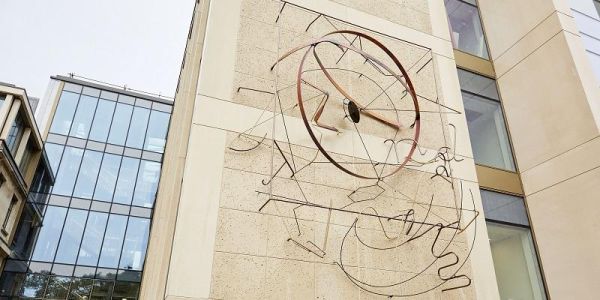
A large sculpture has been installed on the side of the Sir William Henry Bragg building, a new engineering and physical sciences development at the University.
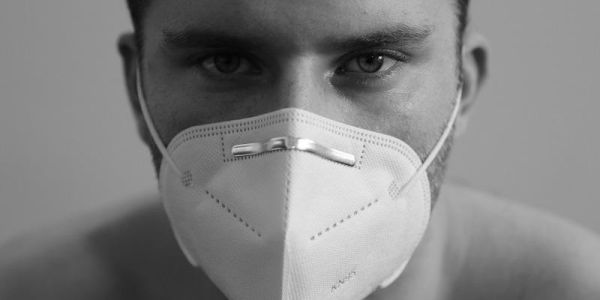
Healthcare systems around the world need to develop ways of supporting people in the community who are recovering from COVID-19, say researchers.
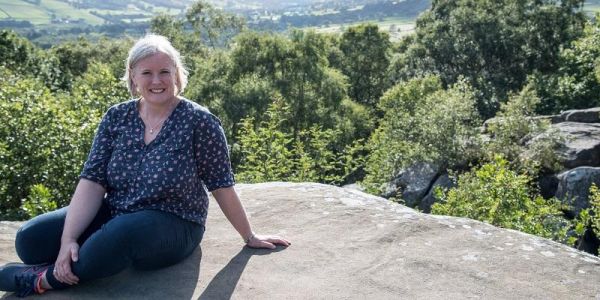
A Leeds academic has received a top award from the Royal Academy of Engineering for work which has had “widespread and significant impact” in tackling the spread of coronavirus.
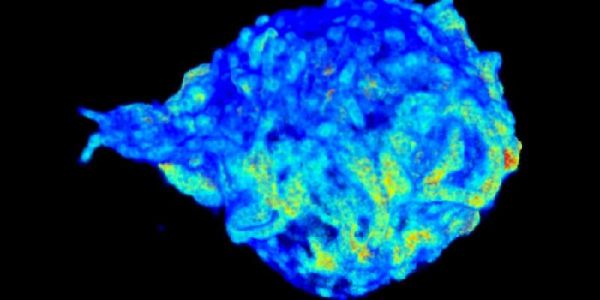
Visualising how molecules move in cells or interact with drugs will be possible with one of the world’s most advanced imaging centres being developed at the University.